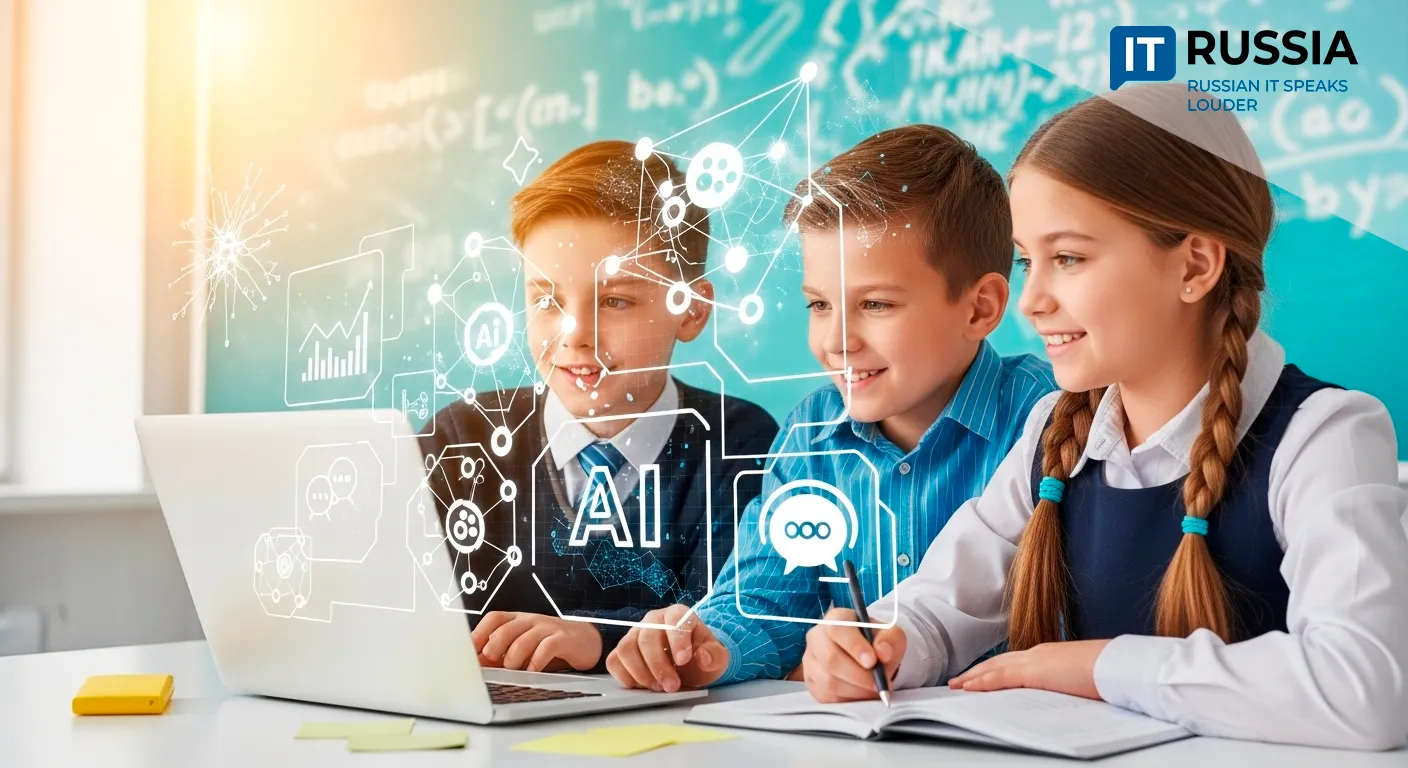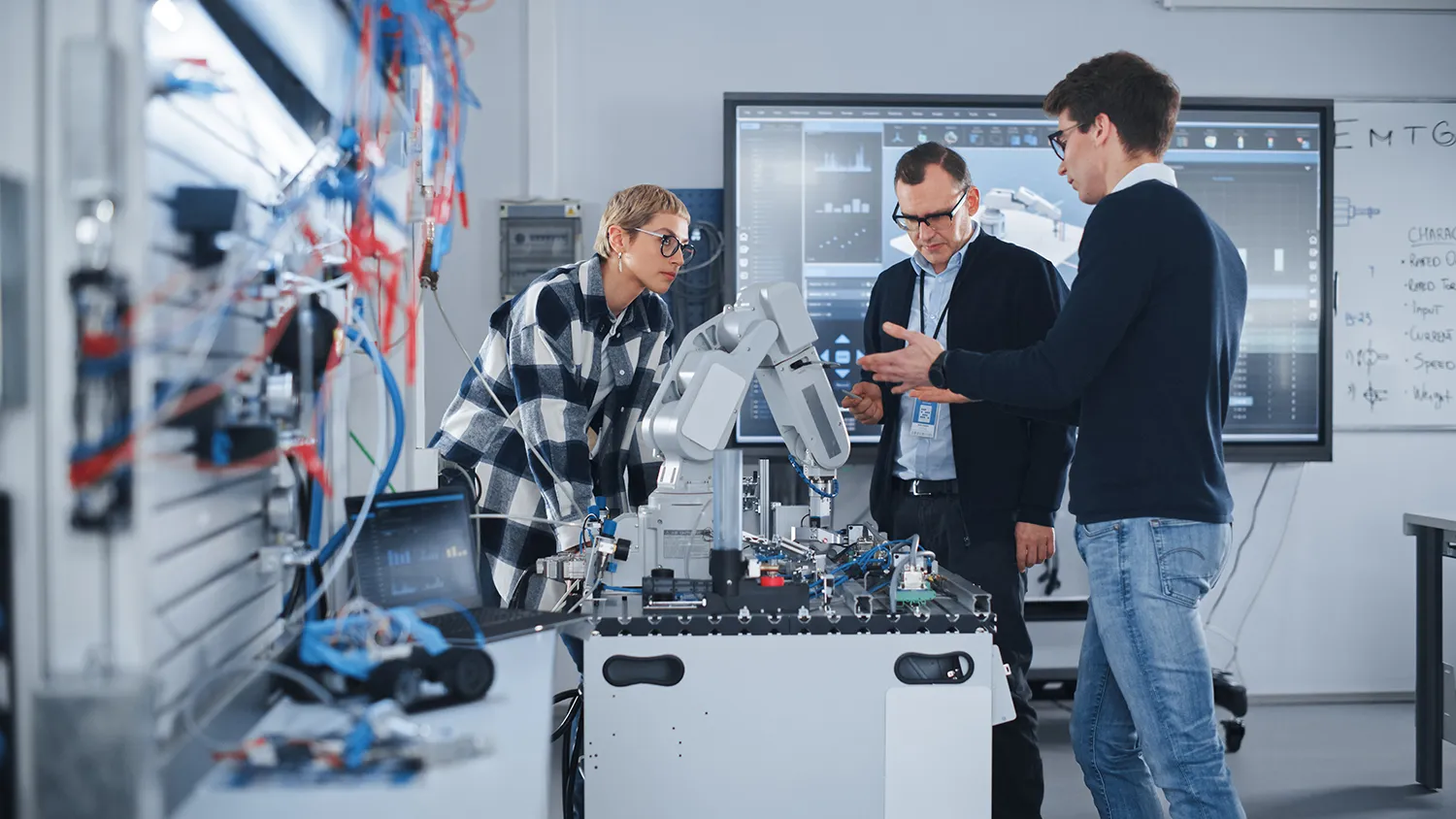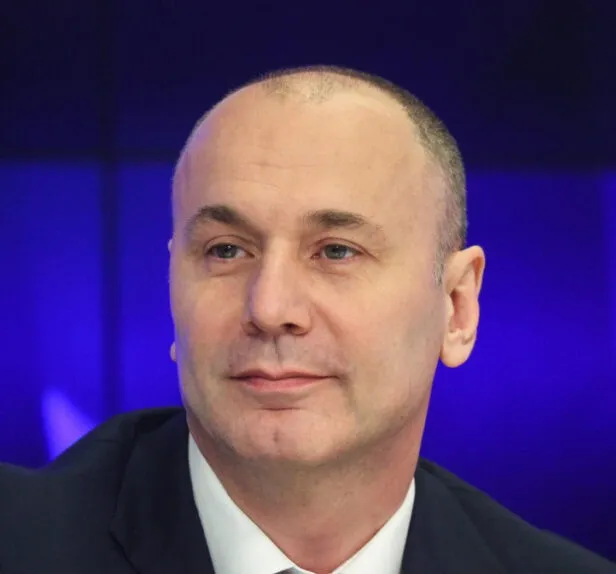New Knowledge: A Smart Course on AI for the Next Generation

Lawmakers in Russia are proposing to bring artificial intelligence education into school and college curricula. Pilot after-school courses will launch in major cities, followed by the development of a unified national AI learning platform.
From Arithmetic to AI: A Shift in Curriculum Strategy
Anton Tkachev, First Deputy Chairman of the State Duma’s Information Policy Committee, and Anna Skroznikova, a member of the Education Committee, formally proposed to Deputy Prime Minister Dmitry Chernyshenko that AI-related lessons be integrated into primary and secondary school programs. The initiative envisions AI-themed extracurriculars, clubs, and electives starting in elementary school.
Early exposure to AI tools could play a key role in preparing the next generation of specialists for Russia’s tech sector. Familiarizing students with these technologies at a young age would help build the talent pipeline necessary for driving high-tech economic growth. The program would also raise digital literacy across the population and better equip citizens for a future labor market where AI skills are the norm.

Globally, this could enhance the competitiveness of Russian IT professionals. A well-structured AI education system would not only fulfill domestic talent demands, but could also lead to the export of Russia’s educational platforms and digital training tools.
A National AI Education Platform
One of the initiative’s core goals is to establish a national online platform for AI learning. This system could evolve into a full-fledged export product, aimed at countries seeking robust digital education solutions.
Russia already has some success stories. Notably, YandexGPT is widely used in local educational programs, and Russian institutions maintain partnerships with top global universities like Stanford through the Stanford US-Russia Forum (SURF), which connects students and young researchers from both countries. These networks give Russia a foothold in the global edtech market.
Domestically, introducing AI education could modernize school and college programs. Students would gain essential digital skills earlier, but this will require updated teaching materials, instructional methods, and instructors trained in contemporary AI practices. It also calls for upgrades in computer labs and software resources.

Laying the Groundwork for Scalable AI Learning
Over the past five years, Russia has made significant strides in digital education. From 2013 to 2021, a major initiative equipped 223 schools in Moscow with state-of-the-art IT infrastructure, laying the foundation for today’s AI education push.
Since 2017, Russian students have engaged with platforms like Scratch, 3D printing, and Arduino—gaining basic programming and digital thinking skills. These served as stepping stones to more complex subjects like machine learning and data analysis.
In 2024, Moscow’s School No. 654 became one of the first to integrate YandexGPT into classroom instruction. The school collaborates with tech companies such as DICPlay, which teaches app and game development, and Yandex.Lyceum, which focuses on programming basics.
National Strategy with Global Ambition
The initiative has high-level political backing. At the 2022 international AI conference, President Vladimir Putin stated, “We must move forward—integrate elements of AI study into math and computer science classes, raise the quality of instruction, and improve teacher qualifications.”

In 2023, comparing Russia’s progress to China’s, Putin remarked, “If Chinese students can begin learning AI from first grade, so can we. Given our educational standards, we are fully capable.”
Introducing AI-focused subjects is the next logical step after informatics and robotics. Federal support could ensure equal access to this education across regions, reducing disparities.
Pilot programs in cities like Moscow and St. Petersburg are expected within the next year or two, along with growth in online courses. A national AI platform is in development. Soon, students will be working on real AI projects—from data analysis to chatbot creation. Specialized IT classes and teacher certification programs are also in the pipeline.
In the long run, Russia could become a key player in the global edtech market. Exporting its training models and platforms could generate revenue and raise the country’s profile in digital education.










































